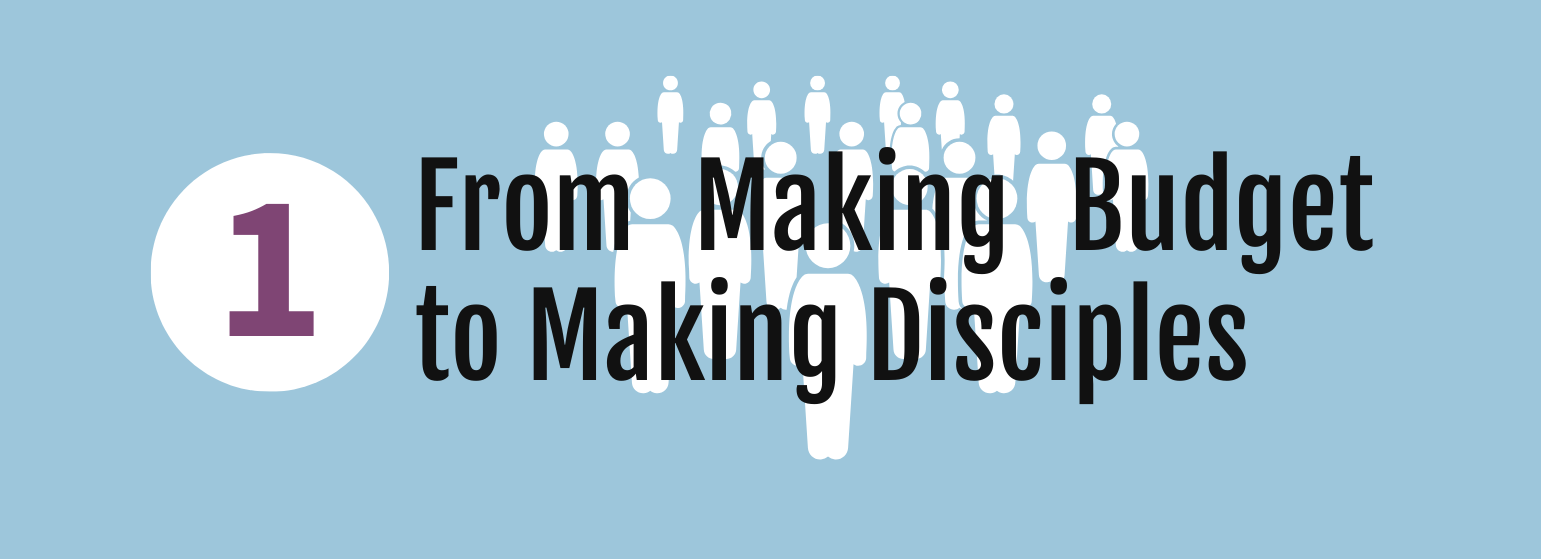For the last 50 years, pastors have been running an identical playbook for funding the local church. And every year, it gets harder.
Despite the fact that we live in a very different world, with all kinds of new technology, massive cultural change and numerous other things, many churches are still running the same play.
The information in this resource represents the culmination of 30 years of research working with thousands of churches. While there is not a “one size fits all” when it comes to generosity culture, in our experience, these are the 5 areas that will certainly move the needle.
Here are 5 important shifts to build a culture of generosity in your church:

Typical communication about money in the church avoids the spiritual nuance of Jesus’ teachings on the topic and leans toward words like, “We are 5% behind budget so far this year” or “let’s be generous because the church needs a new roof.”
Don’t hear us wrong – we LOVE a good church budget meeting or a well executed capital campaign [it’s how half our team brings home the bacon].
Information and appeal have their place but if our conversations about money primarily revolve around need, we’ve missed a massive discipleship opportunity.
As pastors, it is critical to shift from the “money talk” that centers on what the organization needs to stay afloat or what program needs funding. Our language needs to more consistently reflect the truth that generosity is a spiritual growth lens that impacts every part of the life of the believer.
Pro Tip:
Call your people to be generous to other causes beyond the church. It quiets the internal alarm that most Millennials and Gen Zers have when talking about money and helps your people see you’re not just running a “bate and switch” by asking for all their $$$.

Most generous Christians learn their convictions about money from parents, family, or close friends. Very few experience transformation primarily by the public teaching of the church.
That means one of 2 things:
1. Either we aren’t communicating about money from the pulpit very often.
OR
2. When we do communicate about money from the pulpit, it’s not effective.
[In our opinion, it’s a little of both…]
The way forward in developing generosity has more to do with conversation and relationship and less about “Let’s deliver a sermon on generosity again to inspire people to give more.”
Pro Tip:
Take your top giver out to coffee and ask them who was most influential in shaping their posture towards giving and the specifics they learned from that person. Listen and make notes on what you learn about their philosophy of giving.

A vague one-size-fits-all challenge to be generous is not as helpful as a customized approach for people at various stages of their Christian maturity.
A person who has yet to give needs a decidedly different message than a long time Christian who has longstanding habits of generosity.
They both are in a discipleship journey but at vastly different places on the path. We need to start where people are located, not guilt or shame there for not being at our chosen destination for them out of the gate.
Pro Tip:
Take 5 minutes and jot down some key talking points you would use with someone who had never tithed before, but wanted to grow. Now, do the same for someone who gives over 20% of their income to ministries. How would you encourage them differently to stretch in their generosity?

If we’re telling pastors, teachers, and small group leaders to “not talk about money stuff”, we will not see our congregations grow in generosity.
Most members of churches see the “business office” personnel as the primary link regarding giving. The management of money (Finance & Stewardship Department) is often siloed from the spiritual formation value of generous living (Pastoral and Discipleship Department). This makes it nearly impossible to build a culture of generosity.
Pro Tip:
Coach and empower your financial team to see how their role can be leveraged to disciple your people. At the same time train your pastors to know how to talk about money and stewardship with your people.

Churches need effective and up-to-date methods of encouraging people toward generosity. This is about messaging, technology, generational shifts and more.
Many churches maintain systems for a world that doesn’t exist anymore. Instead of being the pioneers of culture, we’ve become late adopters.
Pro Tip:
Send time educating yourself with new forms of giving such as: digital currency and donor advised funds. Find an expert who can unpack different ways people are donating their assets and not just cash.
Increase your giving by 12% in 12 months or your money back.
Churches in the FUEL Funding Lab who have integrated our proven strategic practices and do not experience a 12% increase in their annual giving within a year of completing the Lab will be entitled to a full refund. That's how strongly we believe in the results of this process!

